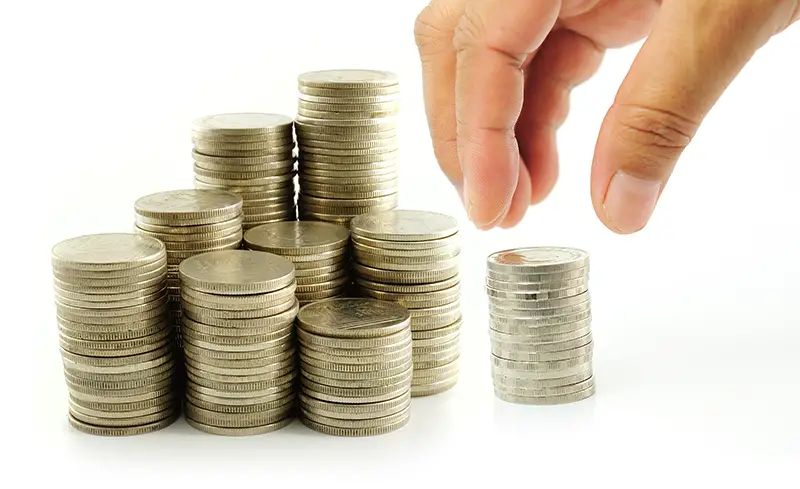Click here to get this post in PDF

For some people, being debt-free is an alien concept. They could not see any way out of their routine–working daily only to see a significant portion of their salaries going to pay for utilities, rent, and the outstanding balance on their credit card. With no more money left for the necessities, they are forced to swipe their gas or groceries using plastic.
The pessimistic attitude is understandable, considering that more than 60% of Americans are weighed down by debt, according to the survey of 1,500 respondents by LendingTree. Also, based on the same survey, 1 in 10 is already hopeless that they could be financially free. On the upside, 6 in 10 Millennials believe that they would be debt-free by 2030, so there is hope there.
However, despite what you may think, Financial Freedom is not impossible. Countless Americans have crawled their way out of debt using a lot of discipline, sacrifices, and good sense.
For starters, here are some good habits you need to develop to rack up savings and reduce your debts to zero:
- The future is now — Do not think about changing your habits someday. Stop using excuses to leave your bill envelopes unopened because you are too scared to confront the truth. Take stock of your true financial situation. The earlier you do it, the quicker you put a stop to the cycle.
- Budget — It is time to get serious about your budget. Hire a financial consultant to help you make sense of your income and expenses.
- Savings first, then expenses — Most people settle their bills first, buy groceries, and then save whatever is left. Instead, save first, then whatever is left would be your budget for the month. Start with 10%, then go from there.
- Increase your earning potential — Find a second job if necessary. If only one of you is working, consider an arrangement where both of you can bring in money. It will take a lot of adjustment and sacrifice, especially if you have young children.
- Spend less — Talk with the family, especially the kids, and find out the things they could not do without. Then negotiate. For now, you have no money to pay for indulgences. But it is also a good time to teach kids about the value of money. So, if they help around the house, they may get a treat.
- Invest — Even if you have little savings, you can put in your money in a 401K, a robo advisor, a retirement plan from your employer, or securities. They might not yield much, but your money continues to earn. Eventually, you can hire a financial advisor to help you with free debt advice that would help you find ways to invest with bigger returns.
- Settle your debts — Eventually, you will have to do something about your credit card payments, which is a crucial element to achieving Financial Freedom. If you need advice, you can go to debt settlement companies, which can help you negotiate with creditors to reduce the principal amount and waive off the interest fees.
- Use a debit card — instead of credit cards, use debit instead. In that way, you cannot spend more than you can afford.
You start with these good habits and then customize them to fit your circumstances. The crucial thing is that you act now, and that means confronting the ugly truth. You may have to stop making excuses to avoid opening that credit card bill. The sooner you take account of what you are worth, the quicker you can take steps to improve your value.
You may also like: How you can save money after you’ve retired
Image source: elements.envato.com

[…] You may also like: 8 Good Habits to Develop to Achieve Financial Freedom […]